What is the Women’s Health Initiative?
The Women’s Health Initiative is a landmark study that was started in 1991. It’s an ongoing study that has followed 161,808 postmenopausal females (ages 50–79) in the United States. And while we may think of it as the ‘hormone therapy’ study, the purpose of this study is to examine the impact of various interventions for prevention and control of common chronic diseases in postmenopausal women over time to advance clinical care in postmenopause. They wanted to look at interventions that might protect against the development of chronic diseases such as heart disease, bone health, and breast and colon cancer. As part of that research, they also evaluated the effect on menopause-related symptoms.
The 3 main interventions they evaluated in postmenopausal women were:
- Hormone therapy. They wanted to see if either estrogen plus progestin or estrogen alone could help prevent chronic diseases and help treat menopause symptoms.
- Calcium plus vitamin D supplementation. This intervention was studied for the prevention of hip fractures and other fractures.
- Low-fat dietary pattern. This dietary approach was examined for its potential to prevent breast and colorectal cancer.
The rest of this article will focus on the findings around hormone therapy. But there were results reported about the supplementation and low-fat diet interventions as well.
They found that calcium and vitamin D supplements didn’t help prevent hip and other fractures in most participants who had a typical fracture risk. For someone with an average risk factor, they don’t need a routine supplement of calcium and vitamin D. But calcium and vitamin D are good for general bone health. If your diet lacks adequate calcium and vitamin D, talk to your doctor to see if you may need supplements.
The WHI study found that the low-fat diet doesn’t lower the chances of getting breast cancer, colon cancer, or heart disease after menopause. But they did find that a diet low in fat and high in fruits, vegetables, and grains may lower the risk of dying from breast cancer after 20 years. More research is needed to confirm this link. Talk to your doctor or a registered dietitian to learn more if you’re interested in a low-fat diet.

What happened with the WHI in 2002?
In 2002, the arm of the trial where participants were taking estrogen plus progestin was stopped (the estrogen only group was stopped in 2004). The safety review board thought that the increased risk of blood clots, stroke, and breast cancer outweighed the benefits. The information was obtained by the media before it could be communicated carefully by the scientists. Hormone therapy was immediately associated with breast cancer and heart disease in the minds of both the public and the medical community. Unfortunately, this initial portrayal led to widespread fear and confusion regarding the use of hormone therapy. Patients wanted to stop taking hormone therapy and many doctors stopped prescribing it.
However, the communication of the initial results was very superficial and failed to delve deeper into the data. Remember, the study was attempting to look at how hormones affect heart disease prevention in postmenopausal women of all ages. It didn’t look at how helpful the hormones were for those with bothersome symptoms during the menopause transition.
When talking about risk, it’s very important to understand how the numbers are presented. Across all age groups, there was a 26% increase in the risk for breast cancer in the estrogen plus progestin group. This is what the media reported. And while on an individual basis, that can feel scary, if we break down the math, it doesn’t sound as bad.
The study showed that if people took estrogen plus progestin for 1 year, compared to the placebo group who didn’t take hormone therapy, the breast cancer risk would increase by 8 cases in 10,000 women per year. This increase in risk was across all age groups (50-79). The risk is lower when breast cancer risk factors like family history are ruled out and when hormone therapy is started within the first 10 years of their final period for those under 60. Individual risk can vary based on factors like timing of hormone therapy, duration of use, and family history. Interestingly, the estrogen-only group had a lower risk of breast cancer compared to the placebo across all age groups.

Future analysis of the data showed that the results were more nuanced. The risks and benefits are significantly different across age groups and are based on which hormone therapy regimen someone takes. The risk of breast cancer, among other risks (e.g., stroke, blood clot), was significantly lower in the group of women on hormones between ages 50-59. Since 2002, menopause experts have been trying to clarify what the data is telling us.
An article was recently published that’s a review of the WHI findings. The 22-page article can be hard to understand. So we’re simplifying it here, so you can better understand the main points.
Like with everything else related to perimenopause and menopause, it’s not a one-size-fits-all experience and it’s best to talk to your doctor about what will work best for you. Not every treatment option will work or be right for everyone. And that includes the findings presented here. Where appropriate, we’ve tried to be clear, based on the research, who may benefit (or not) from these interventions.
What were the major findings of the WHI clinical trials of hormone therapy?
As a reminder, the study's intent was to see if hormone therapy could help prevent chronic diseases, not treat symptoms. When looking across all age groups, they found that hormone therapy (either estrogen plus progestin or estrogen alone in those without a uterus) didn’t help prevent heart disease, dementia, or other chronic diseases in those who have gone through menopause. So, the study concludes hormone therapy shouldn’t be used for that purpose (prevention of heart disease, dementia, or other chronic diseases) in postmenopausal people as a whole (when looking at all age groups).
There are a few factors in the WHI that are important to keep in mind when interpreting the results. First, the people enrolled were, on average, 63 years old with no symptoms (greater than a decade beyond the natural age of menopause).

Second, the hormone medications used in the study are different from ones commonly used today, and thus carry different risks and benefits. It’s thought that what’s more commonly used now has fewer risks. However, we don’t have studies with strong enough statistical power, compared to the WHI, to show this for sure. Today, doctors often prescribe non-oral ways of taking estrogen called estradiol, and an oral progesterone that’s similar to the body’s natural progesterone. Later analysis of the WHI has found that the risks and benefits of hormone therapy vary greatly based on a person’s age. The safest and most time beneficial period to start and take hormone therapy is around and within 10 years of the menopause transition (ages 50-59). In this group, the risks seen in older groups were significantly lower, and there was a benefit to cardiovascular health and mortality.
The WHI and other studies have demonstrated that estrogen plus progestin or estrogen alone are highly effective in relieving hot flashes and night sweats among other symptoms of menopause. It can be an appropriate option for managing bothersome hot flashes and night sweats during the menopause transition. It’s important to talk to your doctor about the risks and benefits of hormone therapy before deciding if it’s right for you.

What are the strengths and limitations of the WHI studies?
All scientific research has strengths and limitations that we should consider when looking at the information. For the WHI trials, the limitations include:
- The average age of the participants (63) isn’t in line with the typical age of menopause when symptoms are worst, and treatment is most likely. The general health risks of 63-year-olds are different from those of people around age 50. In addition, the risks associated with introducing estrogen to someone who hasn’t been exposed to it in 10+ years may be different than continuing estrogen at low doses for someone entering menopause.
- The trials were conducted on a predominantly white, well-educated population. This can make it more difficult to generalize the findings to other populations.
- The WHI hormone therapy trials tested specific hormone formulations and routes of delivery, so results may differ for other formulations or delivery methods. The formulations were conjugated equine estrogens with medroxyprogesterone acetate (CEE plus MPA) and conjugated equine estrogen (CEE) alone. This is no longer the most commonly prescribed hormone regimen.
But the WHI trials also had some benefits:
- It’s one of the largest and longest studies of postmenopausal females ever conducted.
- It was a randomized controlled trial, which is the highest quality scientific evidence.
- It uses multiple types of data collection methods, including questionnaires, physical exams, and lab tests.
- It’s been key to our understanding of health after menopause.
- It’s an active, ongoing study, so we can continue to look to it for ongoing research into the health of older females.

So, what’s next?
The WHI has provided valuable insights into the health of postmenopausal people. The study results show that hormone therapy, calcium and vitamin D supplements, and a low-fat diet don’t help prevent chronic diseases among people who have gone through menopause when all age ranges are pooled. But all these interventions also have benefits for certain people. The WHI has also illuminated that timing is very important, and that fewer risks and greater benefits exist when hormone therapy is started early in the menopause transition. And menopause hormone therapy is effective in treating hot flashes and other menopause symptoms.
Main takeaway: When considering hormone therapy, it’s important to think about personal risk factors, particularly heart disease and breast cancer. It’s also important to consider the impact of menopause symptoms on quality of life (which the WHI didn’t). Talk to your healthcare provider about the risks and benefits of hormone therapy for you. Work together to decide if hormone therapy is what’s best for you.
We still need to learn more about menopause. We need to study different diets, hormone treatments, and personalized approaches to help people stay healthy after menopause. Learning how hormones, food, and everyday habits affect each other is important. This knowledge can help us create better plans to help us stay healthy as we age. Menopause isn’t a one-size-fits-all experience. It’s crucial to discuss this with your doctor to determine the best course of action for you.





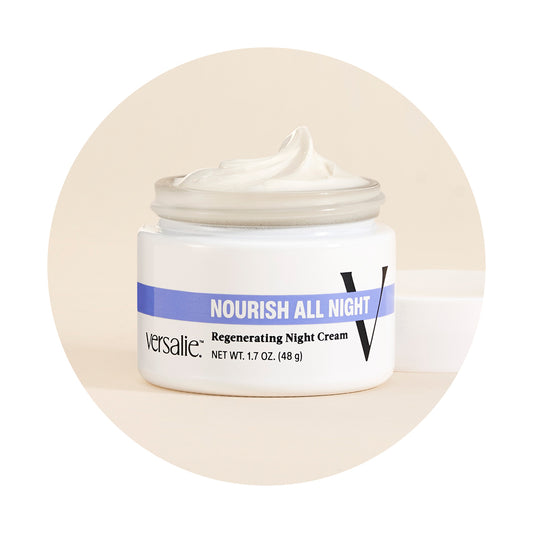
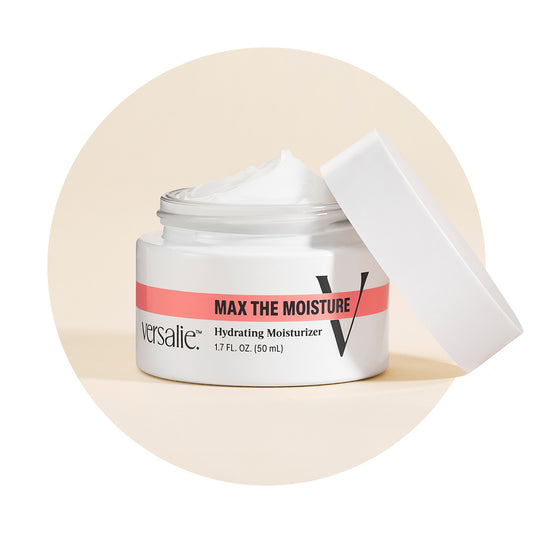
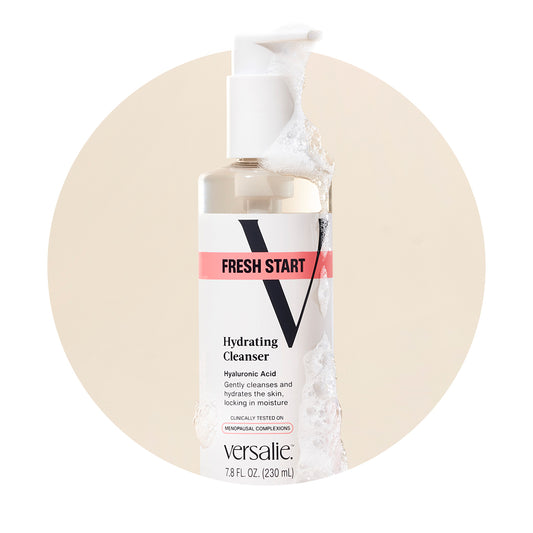
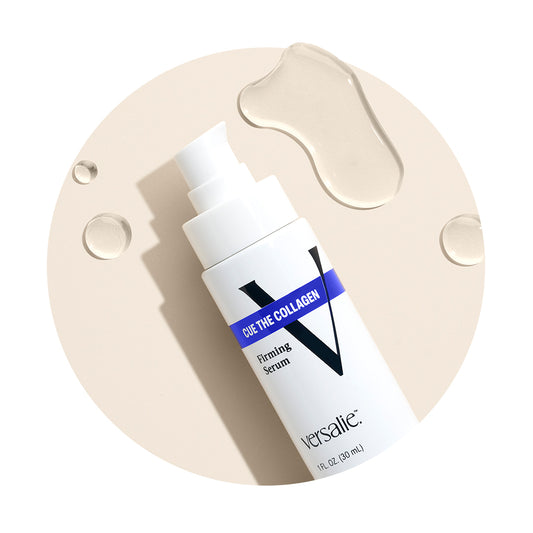
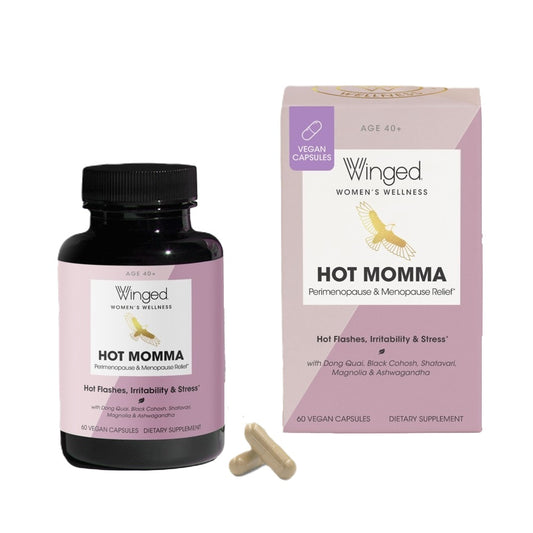


2 comments
Lo que más me ha afectado en la perimenopausia es la sequedad vaginal y el no tener deseo sexual, igual tengo migraña y dolor de espalda también resequedad de la piel del cuerpo.
I tried everything for menopause and nothing seems to work